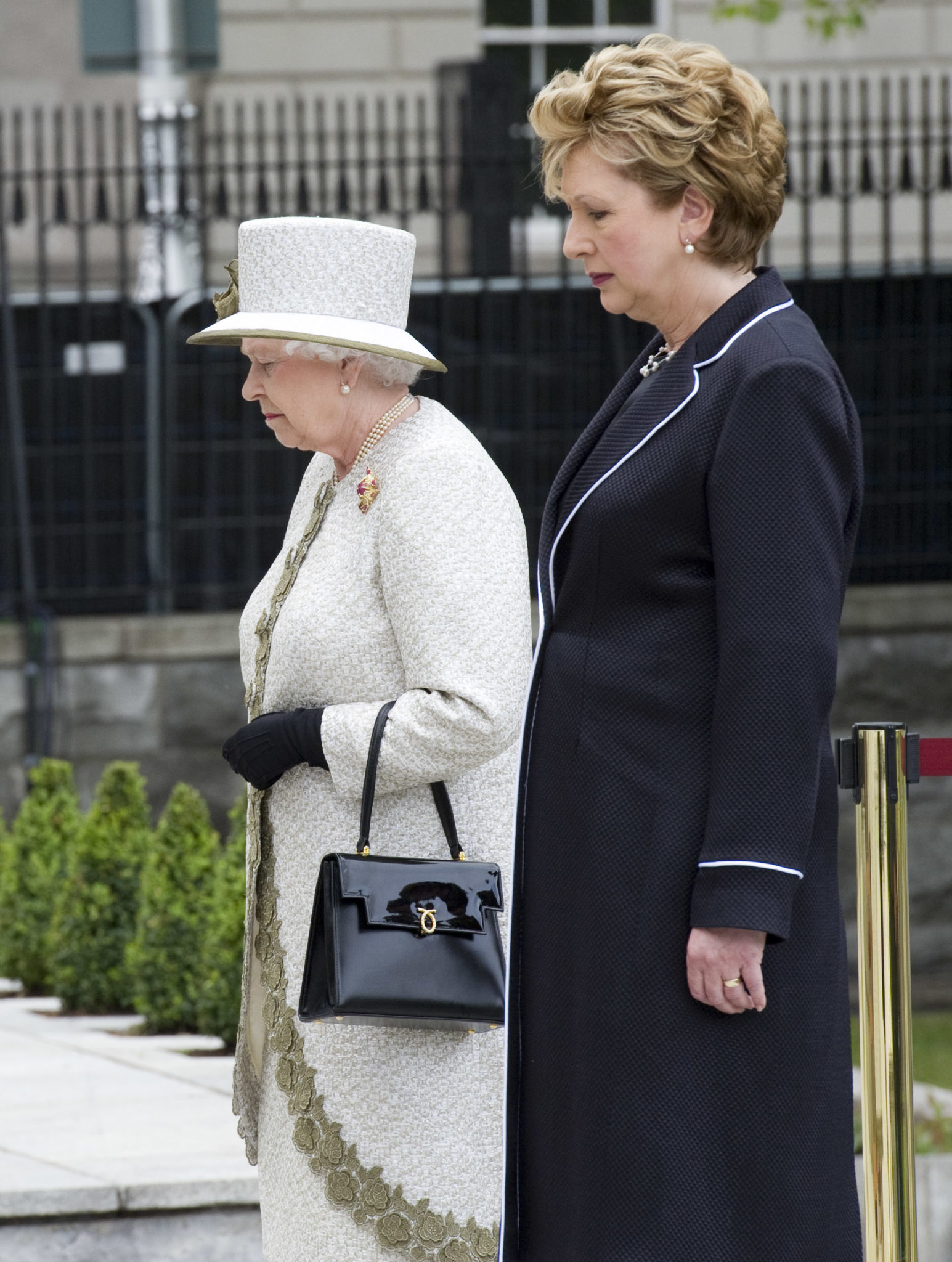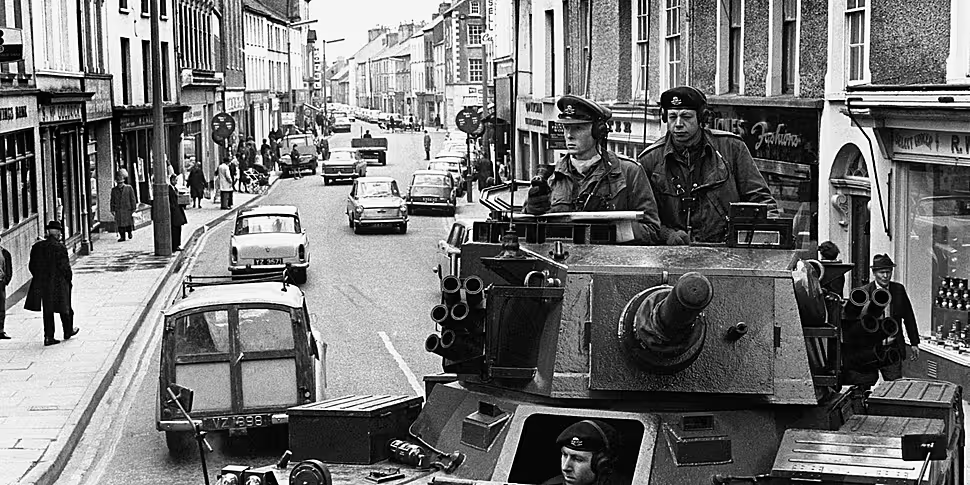A Northern Ireland journalist has claimed that Ireland suffered less under British rule than other places.
Ben Lowry, deputy editor of the newspaper Belfast News Letter, was responding after President Michael D Higgins suggested British imperialists did not recognise the Irish as equals.
Writing in The Guardian on Thursday, President Higgins accused unnamed academic and media organisations of turning a blind eye to the devastating impact of colonialism - not just in Ireland but across the world.
He said there was a "feigned amnesia" around uncomfortable aspects of our shared history.
"From the perspective of the British imperialist mind of its time, attitudes to the Irish for example, were never, and could never be, about a people who were equal, had a different culture, or could be trusted in a civilised discourse of equals.
"From the perspective of the Irish, who had their own ancient language, social and legal systems and a rich monastic contribution to the world, this view had to be resisted", he wrote.
"Injustices perpetrated in the name of imperialism, and in resistance to it, often had a brutalising effect, leaving a bitter residue of pain and resentment, sometimes passed down through generations and left available to those willing to reignite inherited grievances."
He said any reflection should not be based around "a set of competing rationalisations for different kinds of violence" but "about understanding the contexts in which they occurred."
 Britain's Queen Elizabeth II (left) and then-President Mary McAleese pause after laying wreaths at the Garden of Remembrance in Dublin in 2011, which honours all those who fought for Irish freedom from British rule. Picture by: Maxwells/PA Archive/PA Images
Britain's Queen Elizabeth II (left) and then-President Mary McAleese pause after laying wreaths at the Garden of Remembrance in Dublin in 2011, which honours all those who fought for Irish freedom from British rule. Picture by: Maxwells/PA Archive/PA ImagesMr Lowry told Newstalk Breakfast he believes there are several problems with President Higgins' approach.
"The first is my understanding of the Irish system is like many countries around the world, where the Head of State is apolitical".
"I believe that my understanding is correct because of my reading of history, but also because of my memory of previous Irish Presidents.
"Michael D Higgins is the most political - and he is writing a piece like this, as he has done all the way through his presidency, he has strayed into politics."
"If he thinks that the moral goodness in a particular position is obviously clear, that it isn't political - that it transcends political and he can say these things".
Revisionism
He suggested Ireland has taken revisionism to its own history.
"I marvel at the lack of criticism - there is of course revisionism in Ireland - the lack of criticism of your own profound nationalism.
"In fact, my own view on Ireland is a country that has changed so radically since my memories of Dublin and Donegal as a boy in the 1970s.
"A radically changed state, that's now being very critical of some aspects of the influence of the church and so on".
"I went to two very British schools... and I was taught, what I now realise, was subtly anti-British history - were you taught subtly anti-Irish history?"
He added that Professor Michael Laffan has suggested that British imperialist history "was not as brutal as some of the other European colonial powers".
"And that Ireland's experience of it was markedly less violent [than others].
"I'm not defending British imperialism, it's a mixed heritage", he added.
He also criticised President Higgins' choice to write in a British publication.
"Just think about that in reverse... Very rarely does someone come over and tell you that you're wrong".
"Even on the legacy he's wrong: the [British] empire was largely gone by the '40s, completely gone by the '60s.
"And from the '60s - [the] age of modern and Beatles and so on - it has been fashionable to criticise and be highly critical of the empire".









